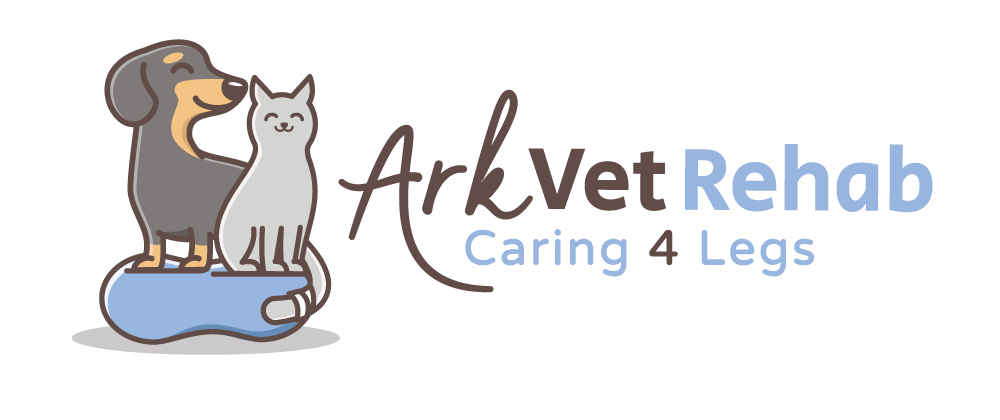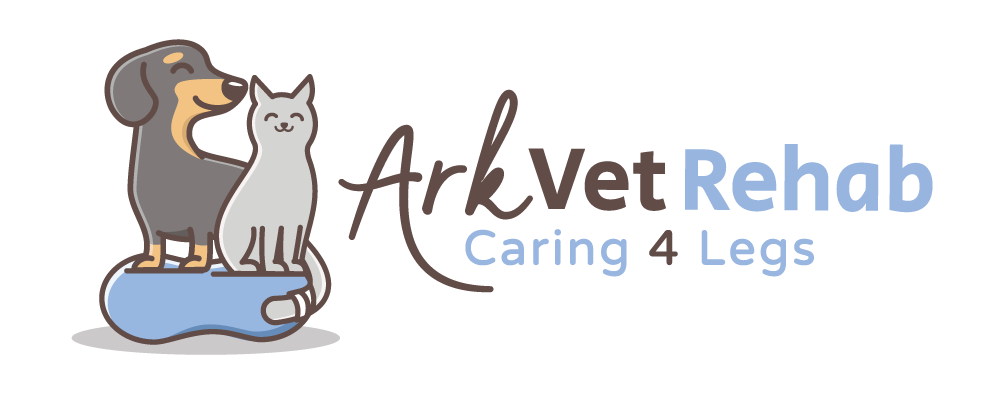Walk into any pet store or scroll through an online catalog, and you’ll quickly notice something: shelves overflowing with supplements for dogs. From hip and joint powders to shiny coat oils, probiotics, calming chews, and even formulas for bladder health, the choices seem endless. As pet parents, it’s natural to wonder: “Am I doing enough for my dog? Should I be giving all of these?”
The truth is, supplements can be incredibly helpful… but they can also be overhyped, unnecessary, or poorly absorbed by the body. Just because something is labeled as “healthy” doesn’t mean it’s essential, or even effective for your dog. So how do you cut through the noise? Where do you begin if you actually want to use supplements in a way that truly supports your pet’s health?
That’s exactly what we’re diving into here. In this post, I’ll break down why supplements matter, how to know which ones are worth your time (and money), and the ones that actually have the science and clinical use to back them up.
Understand the why...

Supplements can feel like a confusing maze, but before we get lost in the details, let’s take a step back and understand their true purpose. As the name suggests, supplements are meant to supplement the diet, not to act as a replacement for real, wholesome food. No pill or powder can cover up for poor nutrition.
That said, here’s the catch: even the most lovingly prepared home-cooked meals often fall short of providing everything a dog needs. Contrary to popular belief, home cooking without supplementation does not equal a balanced diet. Research shows that most diets are deficient in key nutrients like vitamin D, selenium, manganese, magnesium, and calcium, nutrients essential for the body to function properly. This is why supplements shift from being “optional add-ons” to becoming non-negotiable essentials.
At the foundation, these are the key supplements every diet should include:
1. Multivitamin
2. Calcium
3. Vitamin D
4. Magnesium
5. Omega-3 and Omega-6 fatty acids
The form and concentration of these essential vitamins and minerals aren’t just buzzwords on a label, they provide information of the vitamins and minerals that fuel the body at a cellular level. Skin, joints, gut, bladder, liver, heart, every system depends on them. Without this foundation, it’s like trying to build a house without bricks.
But of course, not all supplements are created equal. The next, and perhaps most important, question is: which products actually provide high-quality, bioavailable ingredients that your dog can absorb and use? That’s where we need to dig deeper.
We have done the hard work for you. Here are some brands we believe provide quality ingredients.
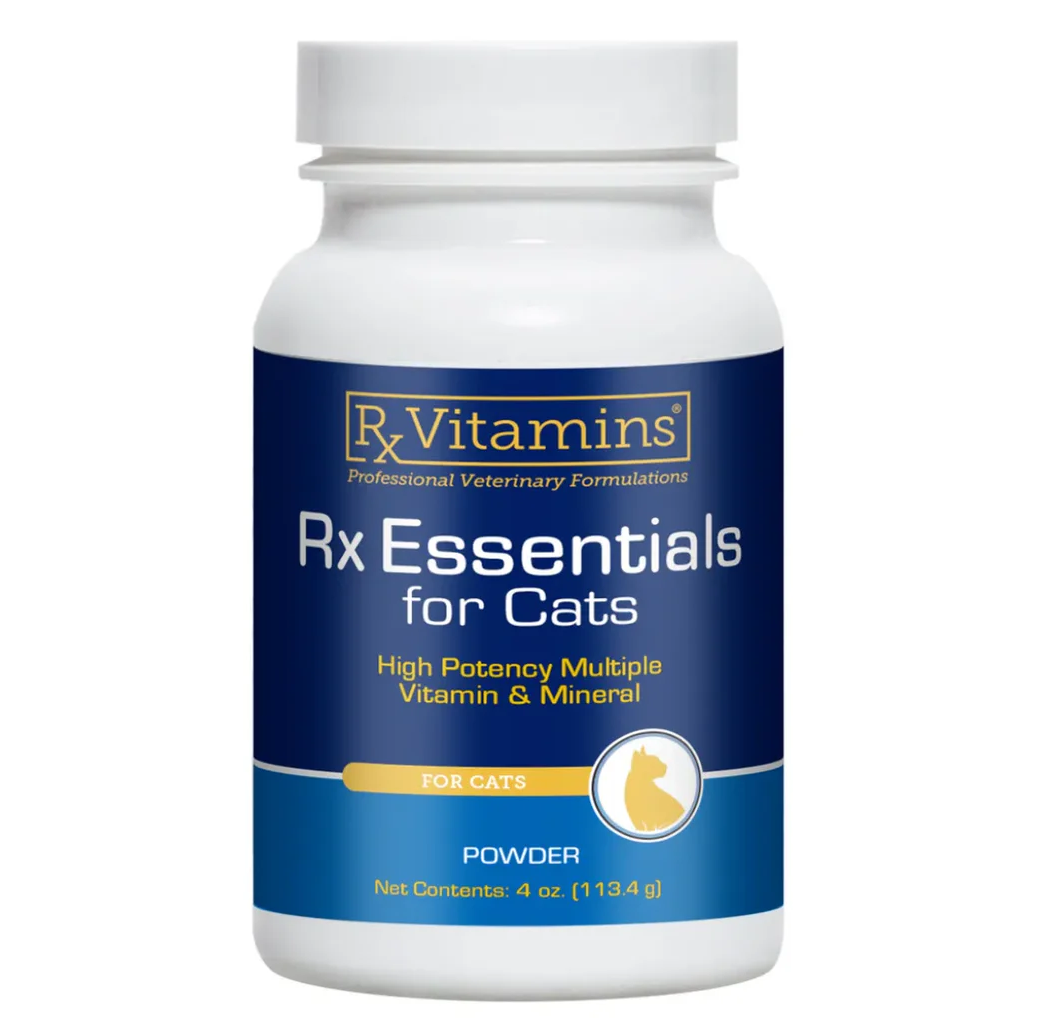
Multivitamin Brands
Rx Essentials Multivitamin Canine and Feline
What it is:
A powdered multivitamin/mineral formula for dogs (also cats version), meant to be added to either home-prepared or commercial diets.
What makes it a quality product:
-
Organically chelated minerals
The minerals (calcium, magnesium, etc.) are in forms that are more easily absorbed (chelated), which helps reduce waste and improves effectiveness. -
Addition of functional botanicals / specialty nutrients
Alongside the standard vitamins and minerals, it includes components like spirulina, kelp (for trace elements and iodine), milk thistle (for liver support), etc. -
Flexible format
Because it’s a powder, it can be mixed into wet or dry food. This helps with ease of administration. -
Clear nutrition panel (“guaranteed analysis”)
The label lists amounts for a wide range of nutrients: vitamins A, B complex, C, D, E; minerals like calcium, magnesium, trace elements like selenium, etc. This enables you (or your veterinarian) to see what gaps are being filled.
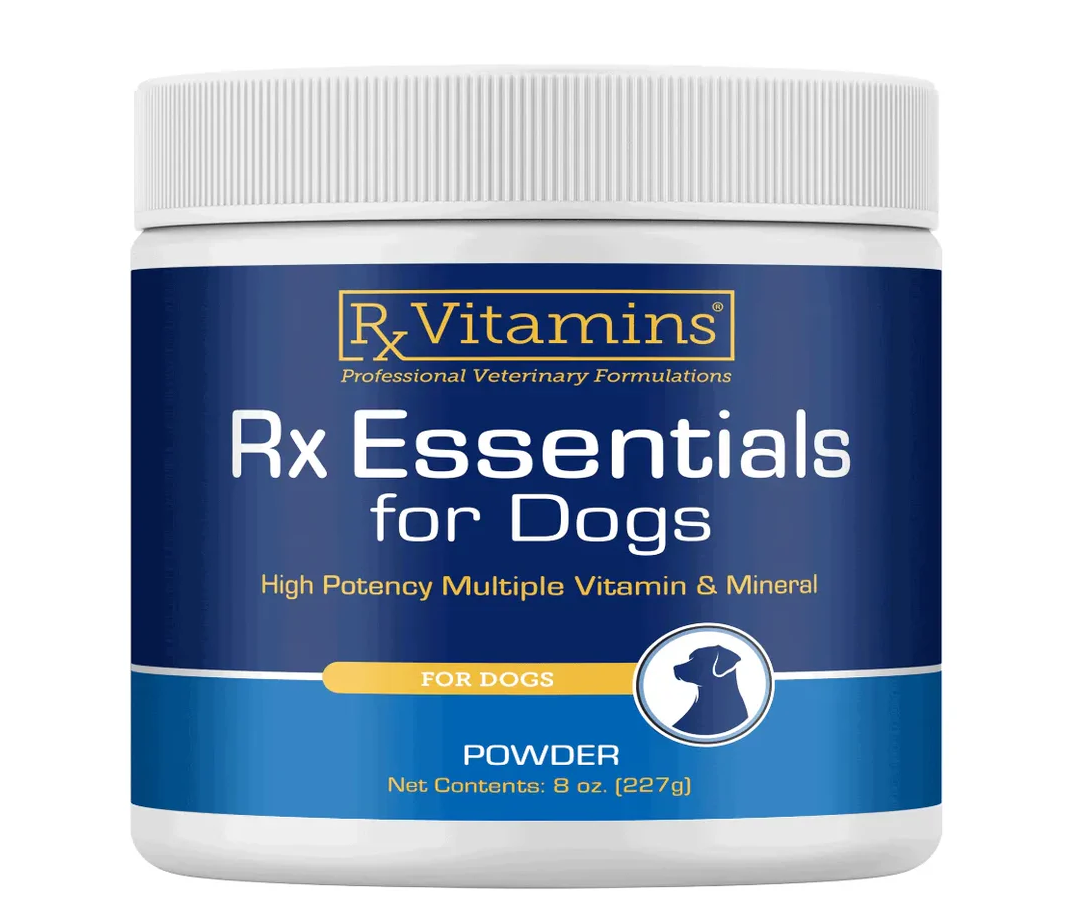
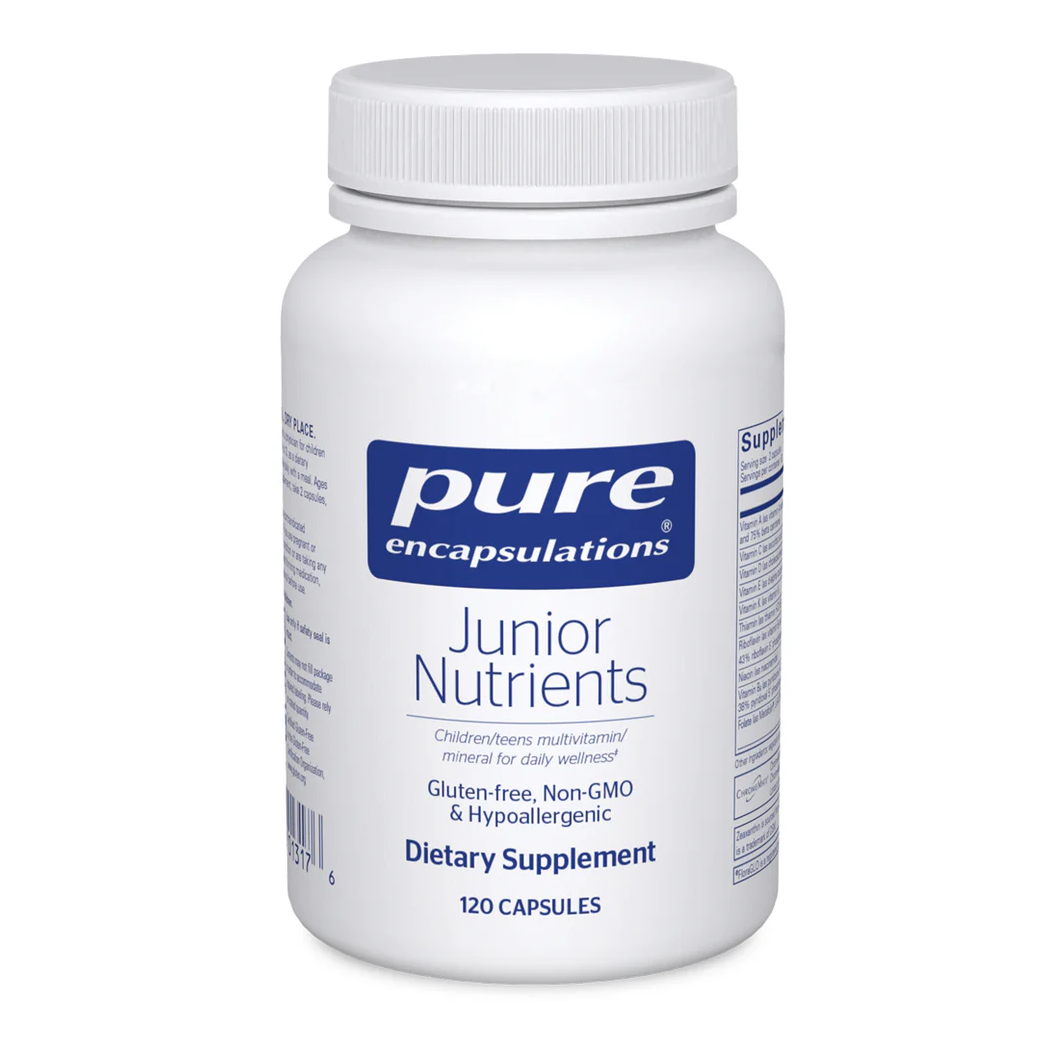
Pure Encapsulations Junior Nutrients
What it is:
Though not specifically formulated for dogs, Junior Nutrients is a high‐quality multivitamin/mineral blend formulated for human children & teens.I include it as an example of a brand with rigorous standards, clean formulations, and what “high quality” looks like.
Using human supplements in pets is OK, although, pets have different nutrient needs, absorption rates, digestive capacities, metabolic rates, not all human supplements (even high‐quality ones) are suitable in pets without veterinary oversight.
What makes it a quality product:
-
Very clean / hypoallergenic formulations
Pure Encapsulations is known for excluding many common allergens and unnecessary additives. Their products are free from things like artificial colours & sweeteners, many fillers and binders, gluten, soy, dairy, etc. -
Bioavailable, activated forms where possible
They use forms of vitamins/minerals that are easier for the body to convert or use. For example, in Junior Nutrients they include Metafolin® L-5-MTHF, which is a form of folate that doesn’t require conversion in the body and is generally better absorbed. -
Transparent sourcing & rigorous production
Their quality control is high. Ingredients are sourced from trusted suppliers; there is attention to purity, potency, and safety. While this particular product is for humans, the standard applies: good manufacturing practice, quality assurance, etc. -
Well‐documented ingredients & scientific basis
The formulations are backed by science (or conventional nutritional knowledge) with clear labelling of all ingredients. This allows careful matching of what the body (or a pet) needs.
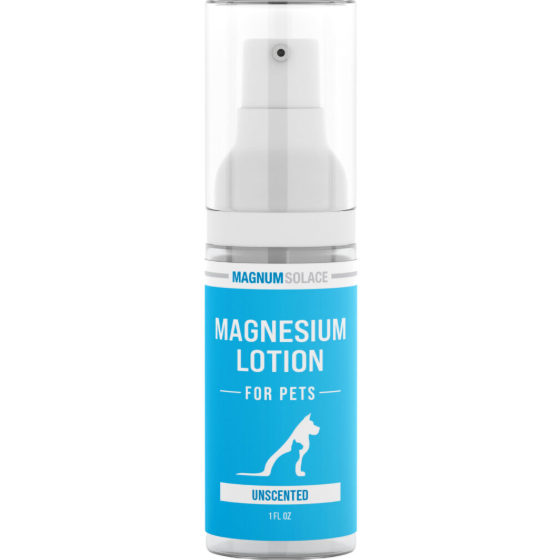
Magnesium Lotion by Magnum Solace
Unlike multivitamins, which are given daily, certain nutrients such as magnesium and vitamin D are often best supplemented on a weekly basis.
While most multivitamins include these nutrients, some pets may still develop deficiencies, particularly those with gastrointestinal sensitivities or poor gut health that limit proper absorption. In these cases, targeted supplementation can help correct underlying imbalances and support overall wellbeing.
For magnesium, one practical approach is through topical application rather than oral supplements. Many human magnesium products contain concentrations that are too high for pets and may cause digestive upset if given by mouth. A safer, effective option is a compounded magnesium lotion (such as those produced by Magnum Solace), which can be gently applied to the inside of your pet’s ear once a week. This method bypasses the gut, making it especially useful for animals with absorption challenges.
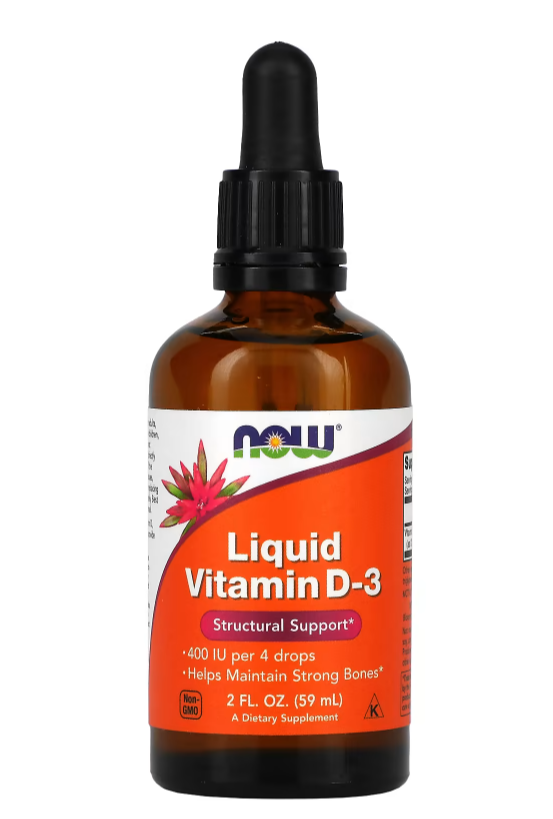
Vitamin D3 presents a different but equally important challenge. Unlike humans, dogs and cats cannot synthesize vitamin D from sunlight. Instead, they rely entirely on their diet, mainly from the muscle meat and bones of herbivorous animals that generate vitamin D through sun exposure. With modern farming practices, however, these levels are often insufficient, leaving many pets deficient. In fact, blood testing consistently reveals that a large number of pets have suboptimal vitamin D levels.

Vitamin D supplementation is best determined by a blood profile or otherwise best advised by your veterinarian.
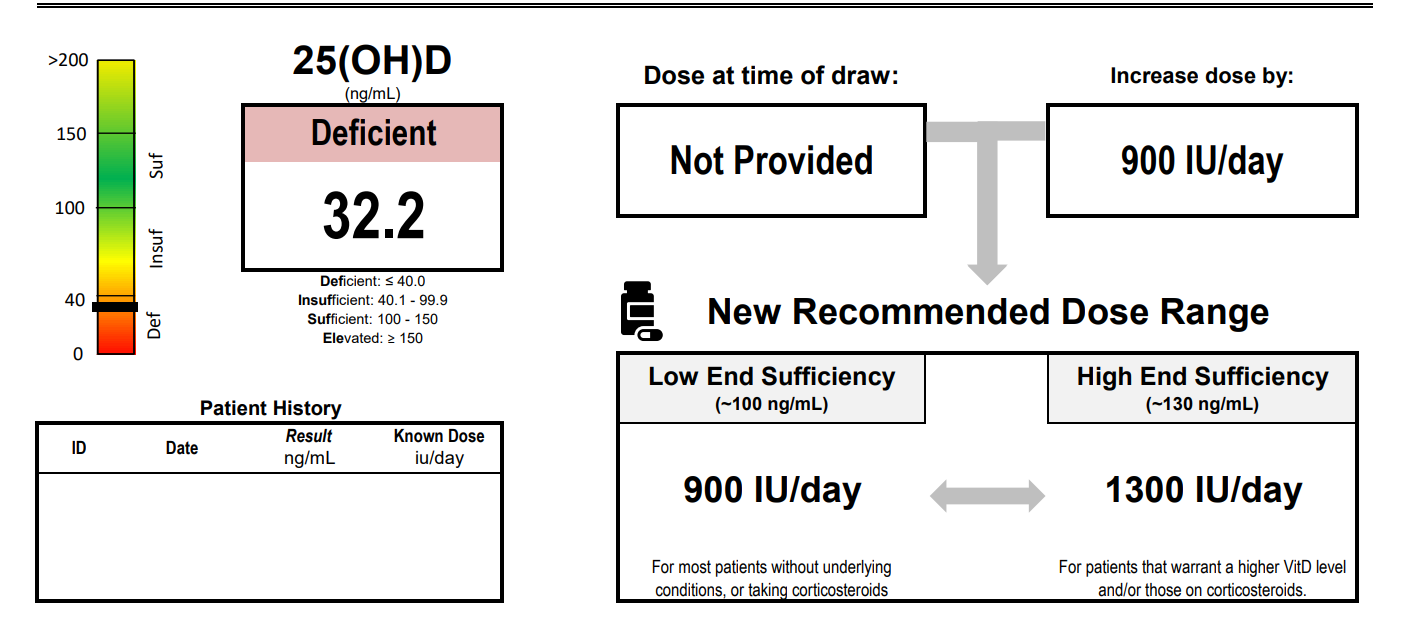
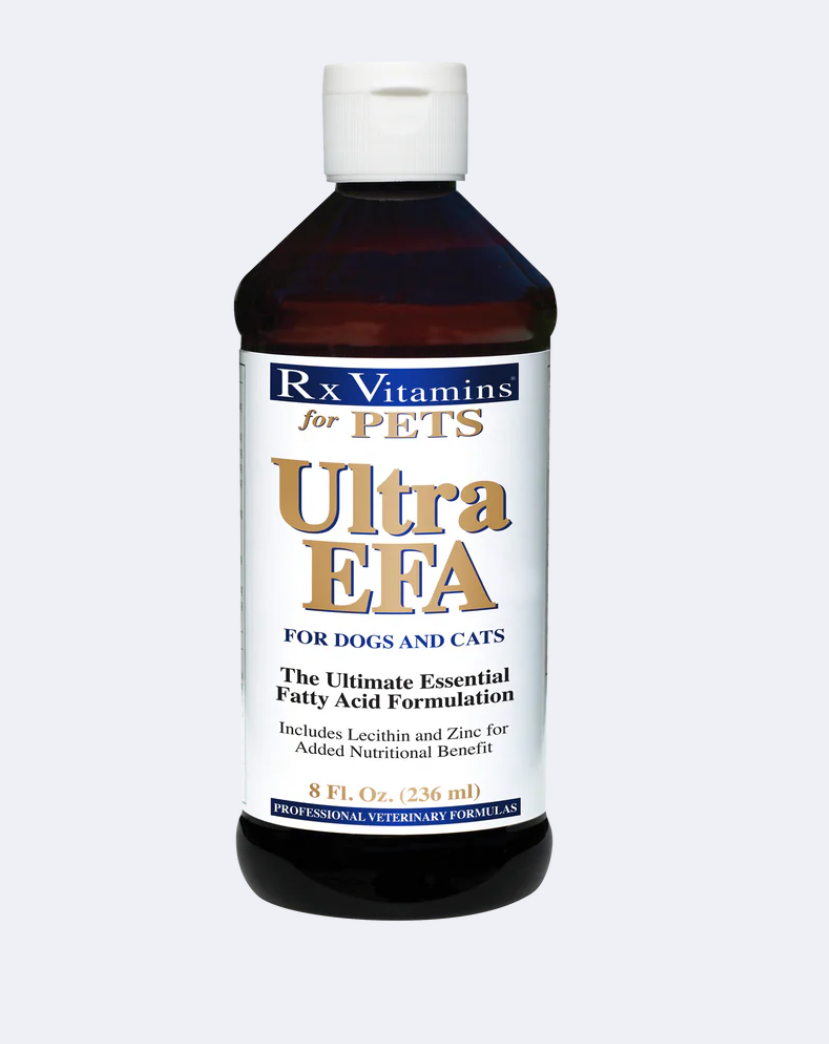
Omega-3 and Omega-6 Fatty Acids
Fatty acids play a critical role in health, influencing everything from skin and coat condition to joint mobility, cardiovascular health, immune balance, and even brain function. However, what matters most is not just the presence of omega-3 and omega-6 fatty acids, but the ratio between them.
Omega-3 fatty acids are most abundant in marine-based sources such as salmon, krill, and green-lipped mussel. Plant-based alternatives include flaxseed oil, and some newer products, like Adored Beast’s Marine Algae Oil, provide a sustainable, plant-derived source of DHA and EPA.
Omega-6 fatty acids, on the other hand, are primarily found in plant oils such as olive, coconut, peanut, and sesame oil. While omega-6s are important, they are already present in abundance in most modern diets, particularly those that include processed foods, grains, or poultry-based proteins.
Here’s the catch: when omega-6 levels are too high relative to omega-3s, it can tip the body into a pro-inflammatory state. Excess omega-6 promotes the production of compounds that drive inflammation, while omega-3s help to counterbalance this effect and support anti-inflammatory pathways. Chronic inflammation is linked to a wide range of issues in pets, including itchy skin, allergies, arthritis, and even metabolic disease.
The ideal dietary ratio for pets is approximately 1:1.5–1.7 (omega-3 to omega-6), meaning slightly more omega-6 than omega-3. Achieving this balance requires precision, as most diets naturally skew too heavily toward omega-6. To determine the right supplementation, we use nutrition software to input all ingredients in a pet’s diet, analyze the omega-3 and omega-6 content, and then decide on the exact supplementation needed to restore balance.
Getting the ratio right doesn’t just protect against inflammation, it creates a solid foundation for healthier skin, joints, heart, and overall longevity.
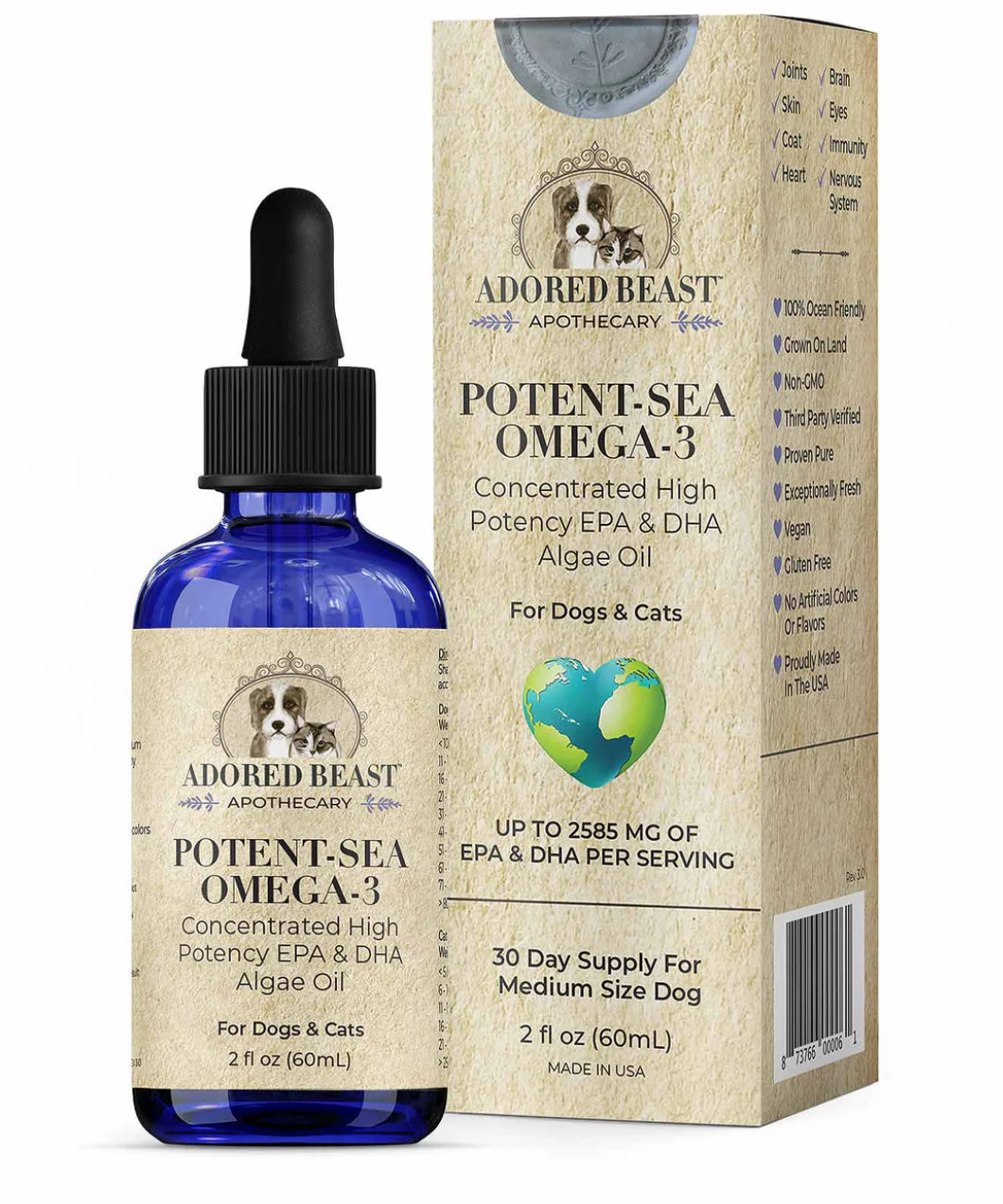
In summary...
When it comes to supplementation, the goal is not to give everything under the sun, but to provide the core essentials that fill nutritional gaps and truly support your pet’s health. A solid foundation includes a multivitamin, calcium, vitamin D, magnesium, and omega-3 and omega-6 fatty acids, each playing a vital role in maintaining balance across the whole body. Choosing trusted brands ensures that the nutrients you give are high-quality and bioavailable, rather than wasted.
Equally important is the recognition that supplementation should be personalized. Some nutrients—like fatty acids—require careful ratio balancing, while others, such as vitamin D or magnesium, may be best adjusted based on how well your pet’s body is absorbing them. This is why checking your pet’s vitamin and mineral status through blood or fur testing is so valuable. It allows us to fine-tune dosages and make sure supplements are being used strategically, not blindly.
With the right approach, supplements stop being a guessing game and become a powerful tool to protect, restore, and enhance your pet’s long-term health. If you’d like to explore testing and tailored supplementation for your pet, reach out to our clinic team for guidance, we’re here to help you make the best choices for your companion’s wellbeing.